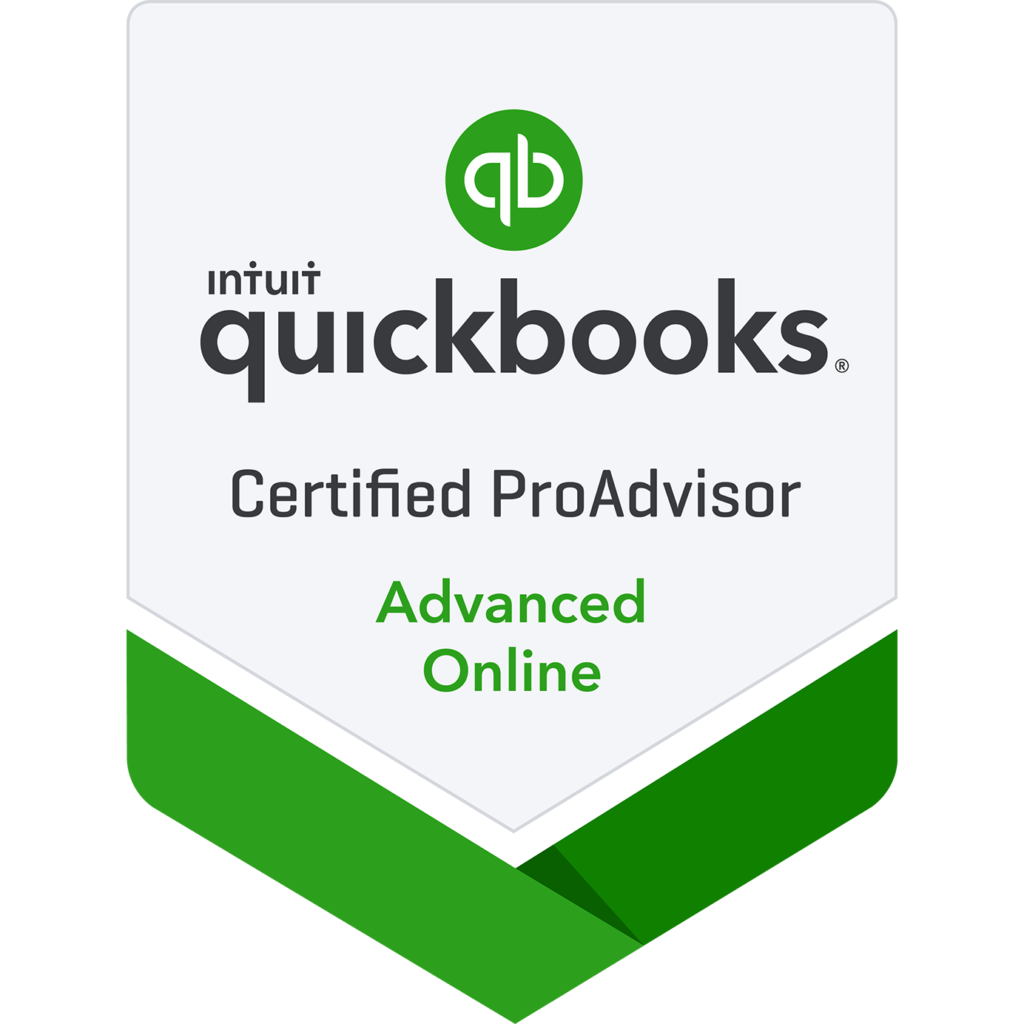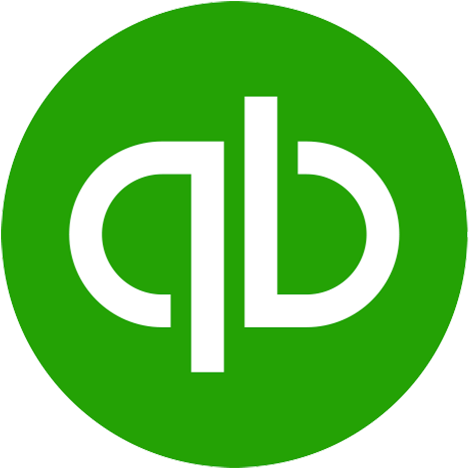Pros and cons of cash basis and who can use it
The most common accounting method is accrual. The Financial Reporting Standards require limited companies to produce financial statements under accrual basis. This is a complex method that entails a lot of end of year adjustments. Therefore, HMRC allows some taxpayers to prepare their tax returns under much simpler cash basis.
What is cash basis and who can use it?
Cash basis was designed to make lives of small business owners and their accountants simpler. Unlike in accrual accounting, under cash basis income and expenditure are recognised when money changes hands, not when an invoice or a bill is issued (or to be precise – not matched to the period they relate to). It can be used by sole traders and partners with annual turnover below £150,000 to prepare their tax returns, but not by limited companies, which are required to produce their annual accounts and corporation tax returns under accrual accounting. If one of the partners in a partnership is a limited company, cash basis can’t be used.
Why cash basis might be beneficial for your small business?
We all know the pain of overdue invoices. Having to pay tax on the income not yet received might cause serious cashflow issues for smaller businesses. If you use cash basis, you are only taxed on the revenue you physically received.
Another advantage is that it requires less work to produce the tax return under cash basis – no need to do the stocktake, value Work In Progress or account for accruals and prepayments.
Capital expenditure (except for cars) is relieved in full in the year of purchase. However, under accrual basis, Annual Investment Allowance can be claimed on most of the capital expenses, which has the same effect.
What are the drawbacks of using cash basis?
Before you decide to use cash basis, you should consider if your unpaid bills don’t exceed unpaid customer invoices as you can’t deduct expenses that haven’t yet been paid for. For instance, if you are owed £5,000 from your clients and you owe £10,000 to your suppliers, it’s actually more beneficial for your cash flow to use accrual basis – in this case you will have to pay tax on unpaid income of £5,000, but you can deduct £10,000 worth of expenditure, the effect would be your taxable profits being lower by £5,000 and your tax bill going down by £1,000 if you’re a basic rate taxpayer. (Over the years, the total tax liability will be the same, all that cash basis affects is the timing)
Using cash basis might not be right for you if you have high finance costs (such as interest paid on loans/mortgages) due to restrictions imposed by HMRC – under cash basis only £500 of finance costs can be deducted in a year.
A further implication might occur if you want to secure finance – some banks might require to be presented with a set of accounts prepared under accrual basis so that they can see what you are owed and how much you owe before agreeing credit. Cash basis doesn’t match revenue to the expenses, therefore accounts produced using this method don’t give true financial position of the business.
The full relief of capital expenditure in the year of purchase might actually be disadvantageous. It can bring your taxable profits well below the personal allowance causing you to lose out on the relief. Under accrual basis, businesses have flexibility of allocating capital allowances in the most tax-efficient way. You could claim Annual Investment Allowance on part of the cost and have the rest carried forward to the next year.
Not sure if you need to file a tax return? Find out here.
The choice between accrual and cash basis might not be simple and careful consideration should be given to ensure the right accounting method is chosen. Furthermore, there are some implications to using cash basis, such as transitional adjustments, which is why it’s always best to speak to an accountant.
Give us a call on 07399 590993, e-mail us at: [email protected] or fill out a contact form here.




